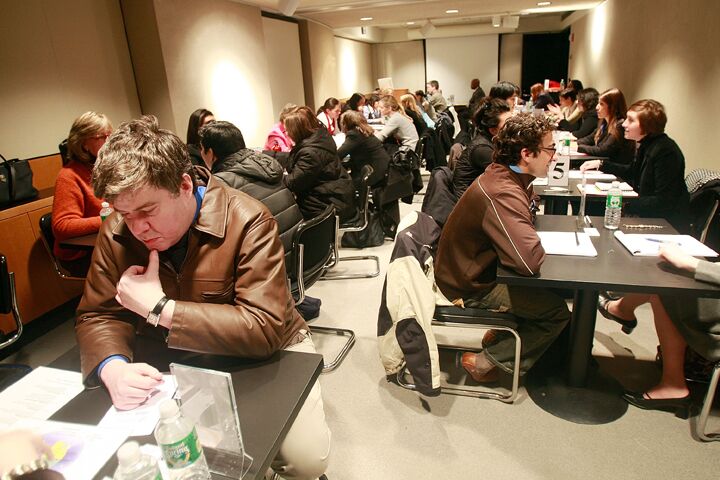
America: Unemployment Worse Than Most People Know
The June unemployment report indicated the U.S. job market is still in a fragile state. The United States lost 460,000 jobs for the month according to the report, but a closer look at the numbers shows the job market is even weaker than the report implies.
According to economist Nouriel Roubini, who became famous for being one of the few economists who predicted the global credit crisis, a distortion in the report’s statistics lowered the final number, which is actually closer to 600,000 jobs lost in June, based on initial claims for unemployment benefits.
Not only are the job losses bigger, but according to Roubini,
If you include discouraged workers and partially employed workers, the unemployment rate is already above 16 percent. If you consider also that temporary jobs are falling now quite sharply, labor market conditions are becoming worse and the average duration of unemployment now is at an all-time high. So people not only are losing jobs, but they’re finding it harder to find new jobs. So every element of the labor market is worsening.
In addition to job losses, average hourly wages and hours worked are affecting labor income. Firms are forcing workers to reduce hours and cutting their wages, meaning labor income is shrinking even more than the job report implies. Less labor income means less money to spend within the U.S. economy, of which consumer spending accounts for 70 percent.
As Roubini puts it,
The job market report is essentially the tip of the iceberg. It’s a significant signal of the weaknesses in the economy. It affects consumer confidence. It affects labor income. It affects consumption. It affects the willingness of firms to start increasing production. It has significant consequences [on] the housing market. And it has significant consequences, of course, on the banking system.
The housing market will remain weak, as it is estimated that by the end of the year 8.4 million people with a mortgage will have lost their jobs and therefore have little income. Mounting job losses and the risk of defaulting on homes have consumers worried, which is reflected in the Reuters/University of Michigan preliminary index of consumer sentiment.
Roubini predicts that the unemployment rate will peak at around 11 percent next year, and that if it does,
the expected losses for banks on their loans and securities are going to be much higher than the ones estimated in the recent stress tests. You plug an unemployment rate of 11 percent in any model of loan losses and recovery rates and you get very ugly losses for subprime, near-prime, prime, home equity loan lines, credit cards, auto loans, student loans, leverage loans and commercial loans.
The weak labor market that threatens to derail any economic recovery means the outlook for the U.S. economy remains bleak.
